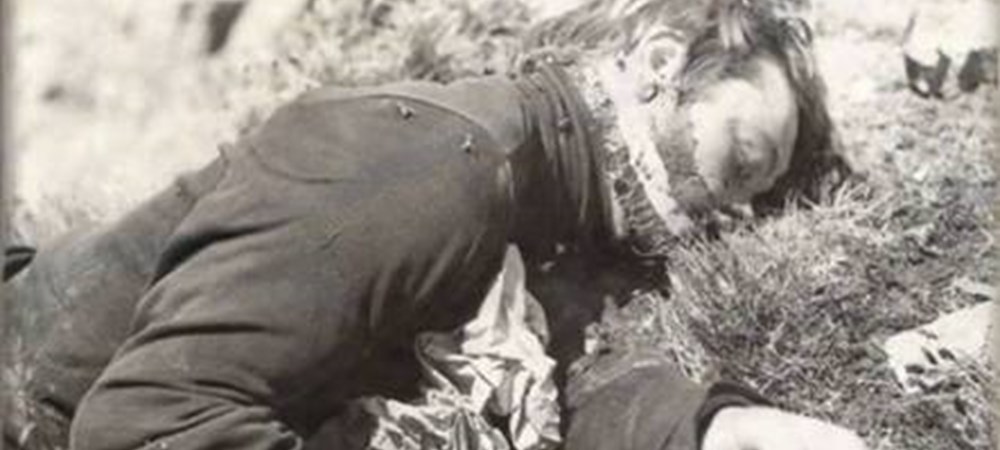Murders on border in Albania during the 90's
In the beginning of 1990, the Albanian legislation underwent some changes which were quite different than previous ones. One of these changes had to do with cases of escaping or leaving the country. Thus, escaping the country illegally through the border would no longer be considered a crime against the state, but simply a penal act. This gave the wrong idea to many that they can escape the country and find the freedom they longer for. In this period, attempts to go ‘to the other side’ covered pretty much all possible spots where the border could be trespassed. This legal change encouraged many to head to the land border passages, but the border patrol was ordered to shoot on sight anyone making such attempts. According to some data, during two months of the summer of 1990, 30 people were shot in their attempts to cross the border. All of them were shot at short distance, a sign that they were shot on purpose by the border patrol. During this time, some state institutions complained that the organ of investigations allowed the return of the bodies to their families. The criticism became even more heightened particularly after a demonstration organized in Shkoder. The demonstration started during the funeral procession of Pëllumb Pëllumbi, who was killed on June 14, 1990 in an attempt to escape with his friend Marjan Ndoja in the border passage of Hoti. As if his death was not enough, his lifeless, bloody body surrounded by barbed wire was placed on the back of a truck which was driven through the city to terrorize the youth and to show them what their end would be, if they tried to resist the regime of that time. Despite this strategy, the youth of Shkodra, instead of being terrorized, kept trying even more to go through the fence that surrounded Albania; despite the fact that the outcome was tragic and that the dictatorship would not stop the killings which by the end of 1990 took the lives of 13 citizens of Shkodra.












